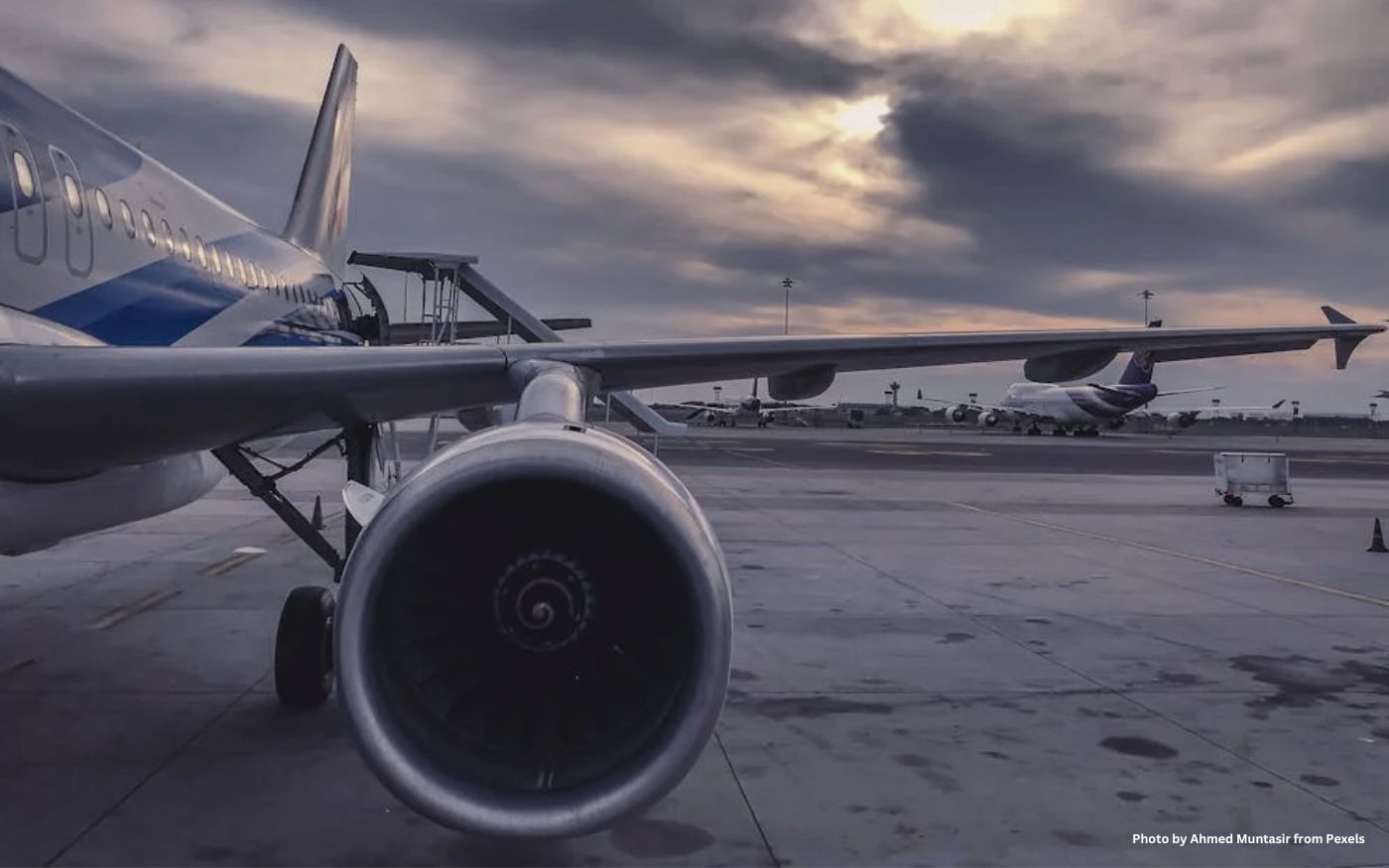Research by: Marissa Liponhay, Jesus Felix Valenzuela, Michael Dorosan, Damian Dailisan, & Christopher Monterola
EXECUTIVE SUMMARY
Rapid urbanization presents a complex array of mobility challenges, notably traffic congestion, which can significantly undermine productivity and degrade quality of life. In developing countries, implementing smart city initiatives to address these challenges is often hampered by the lack of comprehensive infrastructure and high-resolution spatial and temporal data. This research, driven by data collected from the city of Baguio, the Philippines, introduces an innovative approach to urban mobility analysis by developing the Zone-based Speed Index (ZSI), leveraging GPS data from a diverse array of probe vehicles.
The ZSI index categorizes urban areas into speed-based zones, employing dynamic monthly speed thresholds to differentiate between fast and slow-moving zones. This methodology facilitates an hourly resolution analysis of urban vehicle mobility and adeptly captures the variations in traffic flow attributable to external factors such as typhoons and holidays. The adaptability and precision of the ZSI make it a valuable tool for characterizing and improving urban mobility, particularly in the context of smart city initiatives and transportation system development.
The insights derived from the ZSI offer significant contributions towards enhancing transportation systems, monitoring urban traffic dynamics, and evaluating the efficacy of smart city strategies, especially in regions with considerable tourist activity. In essence, this work addresses the critical issue of data scarcity in developing smart city solutions in less developed areas. It proposes a scalable and dynamic framework for urban mobility assessment. The findings suggest that even amid infrastructural and data limitations, innovative solutions like the ZSI can provide actionable insights for optimizing urban transportation and realizing smart city objectives.
Keywords: smart city; mobility index; transport; tourist hotspot; Baguio city
To cite this article: Liponhay, M., Valenzuela, J. F., Dorosan, M., Dailisan, D., & Monterola, C. P. (2023). A dynamic urban mobility index from clustering of vehicle speeds in a tourist-heavy city. Applied Sciences, 13(23), 12763. https://doi.org/10.3390/app132312763
To access this article: https://doi.org/10.3390/app132312763
About the Journal
Applied Sciences provides an advanced forum on all aspects of applied natural sciences. It publishes reviews, research papers, and communications. The section Computing and Artificial Intelligence looks at great advances and global interest in the field of Computer Science, Computing, and Artificial Intelligence. The focus of papers published in this section will be on applied research within these topics, but theoretical works are also welcome if related to possible applications. More specifically, papers dealing with the acquisition, processing, storage, and transmission of information are within the scope of this section. This section aims to provide a forum for research from both academia and industry and will be the perfect journal to disseminate your results to a global community of researchers. They aim to encourage scientists to publish their experimental and theoretical results in as much detail as possible. There is no restriction on the maximum length of the papers. The full experimental details must be provided so that the results can be reproduced.
Journal Ranking
| Chartered Association of Business Schools Academic Journal Guide 2021 | Not Ranked |
| Scimago Journal & Country Rank | SJR h-index: 130
SJR 2023: 0.51 |
| Scopus | CiteScore: 4.5 |
| ABDC 2022 | Not Ranked |
| Journal Citation Reports (Clarivate) | Not Ranked |





